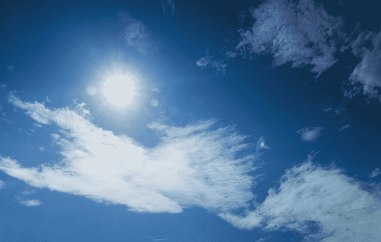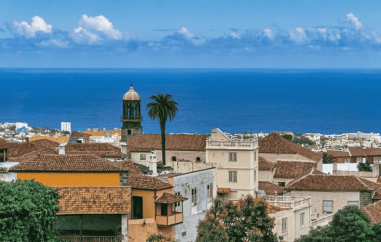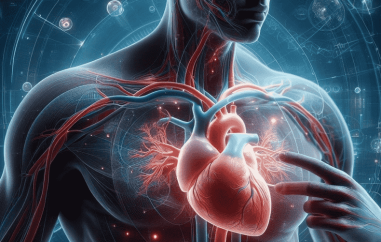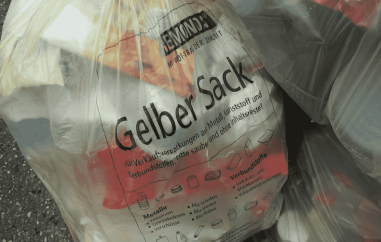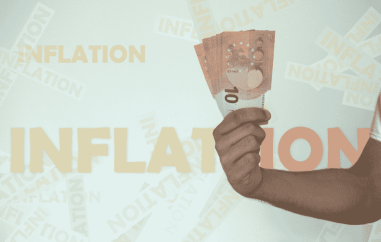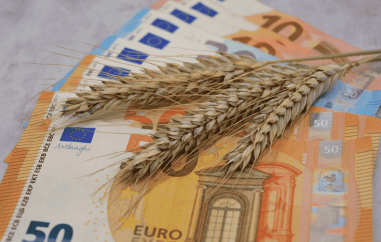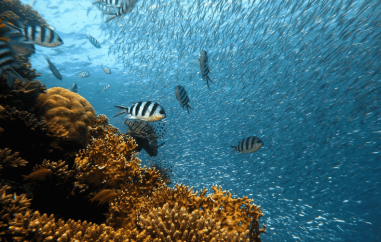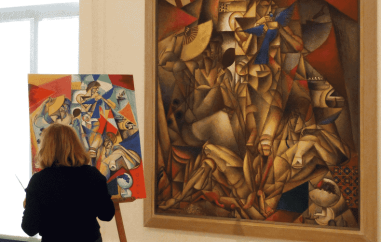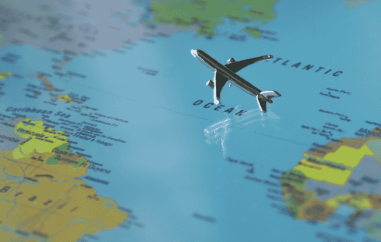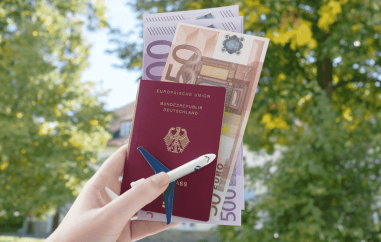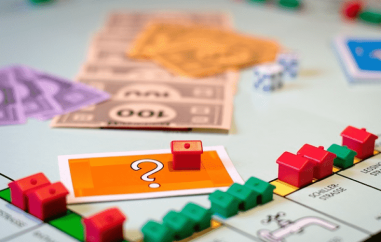Germany should continue to exert maximum pressure on Ukraine
(Updated) A boycott of the European Football Championships by its political leaders and stalling Ukrainian discussions with the EU for possible trade and/or eventual membership, could make Germany the most important cog and influence in Ukraine-West relations.
Yulia Tymoschenko is in the middle of the second week of her hunger strike against the irrational sentencing and vengeful treatment (her words) she has received from the current Ukrainian government. She may not have been the best prime minister the world has ever seen when in power during the last administration, but she in no way acted criminal and does not deserve the severe sentence she has received for trumped up charges. Her plight has been on the front pages of most reputable German newspapers recently because she has a serious medical condition, which Germany has offered to treat, and she has expressed well-founded fears for her safety and has refused treatment in Ukraine as a result.
For these reasons, the German government has threatened to break off important discussions with the Ukrainian government on potential European Union admittance, as well as not sending the German Chancellor to any European Football matches on Ukrainian soil. German President Joachim Gauck has already cancelled a planned trip to meet the Ukrainian president, Viktor Yanukoviych. As the political situation in Ukraine continues to confound and frustrate, it is important to remember that Germany has a special relationship with Ukraine and can quite possibly bring to bear more influence upon it than any other country in the world except Russia. These connections are not only from the recent past but go back many hundreds of years.
Many people within the borders of Ukraine still speak German in their homes, and are a reminder of the massive migration of Germans who came to Ukraine at the behest of Catherine the Great to help in developing 'the frontier' of the old massive Russian Empire in the 18th Century. After the fall of the Soviet Union, up to 90% of those who could trace their ancestry back to Germany moved back to the Vaterland. More recently Stepan Bandera and his underling Lev Rebet were both murdered in Munich. Rebet was killed in 1957 at Karlsplatz, and Bandera two years later within shouting distance of the Löwenbraukeller. Bandera's grave is in Munich's 'Waldfriedhof'. Another connection between the two countries is the fact that the only university outside of Ukraine which gives all of its lectures in Ukrainian is here is Munich, after moving from Vienna in 1950. The current heavyweight world champion brothers/doctors/boxers Vitali and Vladmr Klitschko both fight out of Germany. And there are many more connections.
But beyond all of these connections is the one that is undeniably the most important; World War II was mostly fought on Ukrainian soil. Other areas during the war saw many killed and much destruction, but nothing of the scale that was in Ukraine. Even today, Ukrainians refer to things that are beyond repair as "Hitler Kaput". Hitler had declared that Ukrainians, and Slavs in general, were a sub-human race. So the brutality in Ukraine was often beyond comprehension or imagination compared with that which occurred in other places. Some estimates put the amount of civilian Ukrainians killed between 12-15 million. These included Ukrainian Jews, but the majority of those killed were simple peasants of other religions. Trainloads of 'Ostarbeiter' (Eastern workers) and Ukraine's incomparable black dirt headed west in an inexorable stream. The Einsatzgruppen (Task Forces), a benign name for an incredibly brutal organization, committed atrocities which even the greatest writers of horror would be unable to wrap their heads around. And because of these atrocities, it is paramount that Germany does everything possible to help Ukraine reach a level of prosperity and rule of law, all the while never shirking from its responsibilities of drawing attention to the incongruities of the current Ukrainian regime. Germany's president Joachim Gauck is doing all of these by refusing to go to Ukraine.
Many people believe that sports should remain above the fray when it comes to politics. But, the awarding of the European football championship to Ukraine and Poland (and many would say that the same was done for Russia with the Winter Olympics in 2014 and World Cup in 2018, as well as the World Cup 2022 in Dubai), was a political move shrouded in the premise of 'growing the game', unfortunately. The hope of the organizations which run these tournaments is that they can play a part and help pull these countries into the sphere of Western influence, economically, socially and politically. And they may yet succeed. But to ensure this, transgressions against democracy and the rule of law must be exposed in the host countries, as was done recently in Bahrain with the Formula 1 race. It would be the ultimate diplomatic slap to Ukraine if the tournament was removed from Ukraine in the final weeks leading up to the tournament. With the stories of price gouging, bombings and other troublesome issues dominated the headlines from Ukraine, surely the leadership of FIFA has a contingency plan. Hopefully it will not come to this, but it must remain an option on the table.
Ukraine's democracy is still in its infancy and is very fragile. Because of Germany's respected status in Europe and the world today, what message it sends to leaders like Yanukoviych and Belarus's Alexander Lukashenko must be firm, fair and consistent. If all of the leaders of Europe were to follow Gauck's example, the pressure felt by Ukraine might just be enough to tip the scales. Then, and perhaps only then, could Ukraine begin down the path to closer integration with Europe and its long-time friend and foil, Germany.
